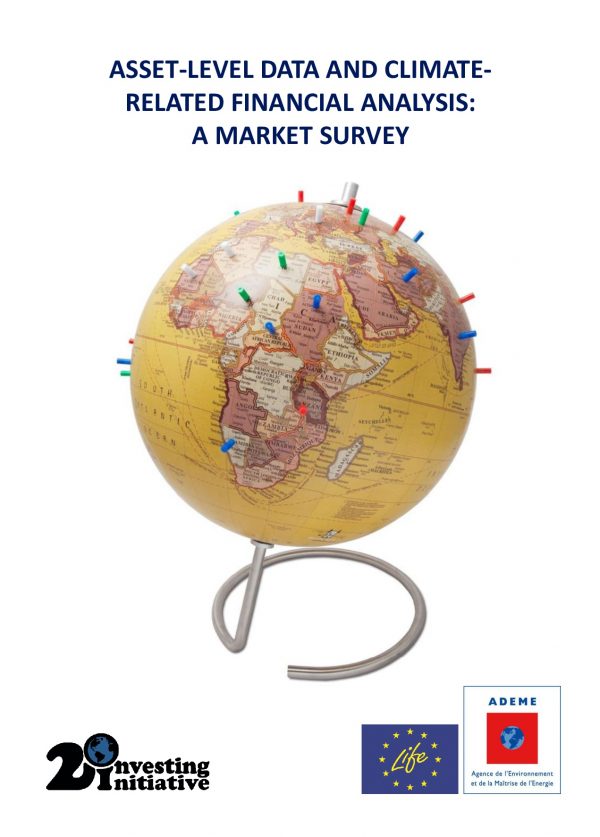At the same time, data completeness, quality, and consistency, notably the issue of non-disclosure, have emerged as key limiting factors in current climate-related assessments by investors, such as portfolio carbon footprinting (Kepler-Cheuvreux 2015).
Some experts have questioned whether existing asset-level and market intelligence databases may hold the key to solving these issues, since they possess many of the characteristics necessary for climate-related assessments (Fig ES-2; 2ii and Oxford 2016; Caldecott & Kruitwagen 2016):
- Geographic and technological detail: Data are often geolocated—which is critical for assessing physical risk and country-level transition risks and policies—and also available with technological and economic detail in most sectors;
- Completeness and consistency—Due to their sources (see Section 3.2), such data are often universal or near universal in coverage, eliminating non-disclosure bias and providing consistency across companies.
- Forward-looking: In some sectors, capital plans (i.e. planned assets) can help to show not only where a company is today but also its future capital planning, allowing forward-looking scenario analysis.
However, currently a significant information gap exists in the market on what data are already available and how they can be utilized by ESG data providers, investors and financial institutions, policymakers, and the broader public. Currently such climate data users must spend considerable resources seeking out data providers, reviewing sales pitches, etc. and may still miss the data most pertinent to their needs. This report surveys the current state of asset-level climate data in 9 sectors to fill this void.


